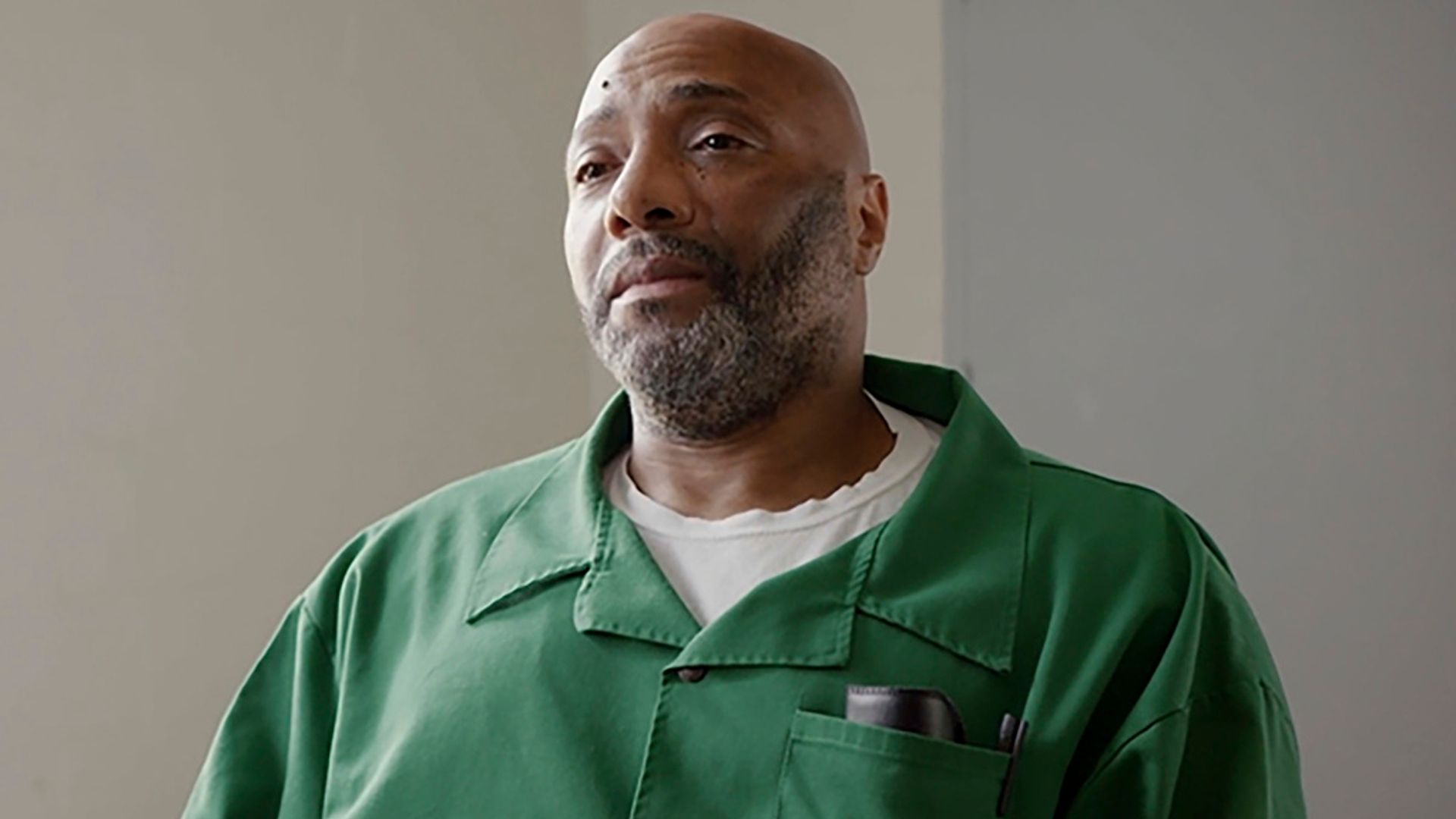
MADAWASKA, Maine — A rally by unionized employees of Twin Rivers Paper Company has led to a promise of negotiations with the company.
Frustrated by what workers see as management’s failure to address their safety, employees took to Main Street in Madawaska last week to share their concerns publicly.
Staffing issues that often lead to forced overtime are at the heart of the matter, according to Josh Bernier, president of United Steelworkers Local 1247.
Contract negotiations have stalled, and the company wants to extend the workers’ current contract, which expires April 30. But since the rally, Twin Rivers managers have agreed to meet for contract discussions in April, he said.
Bernier represents 140 Twin Rivers employees involved in production at the mill.
“Overtime is a good thing when employees want to work overtime, but our workforce is so depleted and so diminished we don’t have a choice,” Bernier said Wednesday.
Because of those staff shortages, it is common for employees to work an 18-hour shift and be expected to return six hours later to work another 12 hours.
If more staff are not hired and retained to reduce forced overtime, and if training isn’t provided by experienced employees, the serious injury or death of an employee is inevitable, he said.
“The fact that nobody has been killed yet is a miracle,” Bernier said. “We’re literally talking about life or death; maybe not right now this minute, but at some point that’s what we’re going to be talking about.”
Representatives for Twin Rivers did not return calls seeking comment.
The mill employs 660 workers represented by three different unions and brought in about $280 million in revenue last year, according to Bernier.
Another employee concern is a 20 percent increase in health insurance premiums that went into effect at the beginning of this year. That resulted in about an $80 monthly increase for employees with a family health plan, Bernier said.
“Once we secure more hirees and get more people to stay employed at the mill, everything else will just fall into place,” Bernier said. “You can rip a place to dirt and build from the ground up but if you don’t have the manpower to turn it, it’s all for nothing.”










